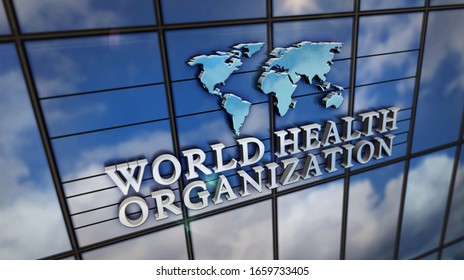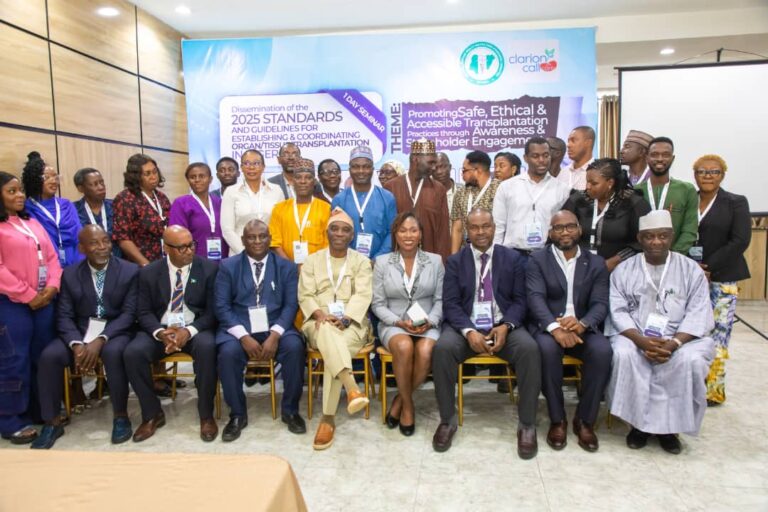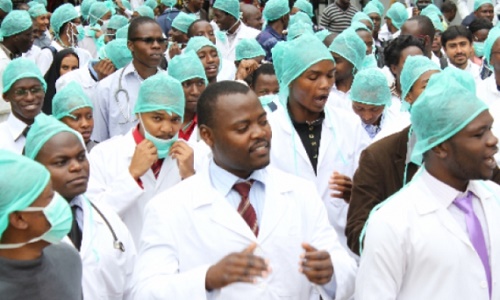
By Fatima Saka
The World Health Organization has revealed that climate change, humanitarian emergencies, natural disasters and conflicts in malaria-endemic countries are displacing populations, making them vulnerable to plasmodium infections.
According to WHO, this reduces opportunities for vulnerable groups in accessing preventive and treatment services as a consequence hindering progress on achieving the vision of a malaria-free world.
WHO Representative in Nigeria,
Dr Walter Kazadi Molumbo, who was represented by Dr Alex Chimbaru, Deputy Country Representative, made this known while delivering his goodwill remarks
at the commemoration of the World Malaria Day 2024 on Thursday in Abuja.
The WHO country representative reiterated that amidst these challenges, there is cause for hope. “Together, under the guidance of FMOH/NMEP we have made remarkable strides in malaria control and prevention, thanks to the tireless dedication of individuals and organizations across the country.”
He added that through robust surveillance, innovative interventions, and strengthened health systems that WHO have saved countless lives and prevented untold suffering.
Dr. Molumbo expressed that the government’s commitment to turning the tide in the fight against malaria is evident by signing the Yaoundé Declaration, in March 2024 in which the Government of Nigeria through the Honourable Minister of Health and social welfare pledged to accelerate efforts to reduce malaria deaths.
He added that the upcoming roundtable meeting next week is also a testimony of commitment to reduce morbidity and mortality due to malaria. “This meeting will provide a valuable opportunity for stakeholders to explore innovative strategies and optimize our resources for a better impact. Your participation and contributions will be invaluable as we chart a course towards a malaria-free future for Nigeria.
“The fight against malaria is not just a health issue; it is a matter of social justice and human rights. By accelerating our efforts to expand access to life-saving interventions, improve health systems, and address the underlying determinants of malaria transmission, we can create a more equitable world where everyone has the opportunity to thrive. We also need to bring the communities in the planning and prevention of malaria.
“Let us change the narrative now and work together to overcome the challenges that stand in the way of malaria elimination. Through collective action, innovation, and unwavering commitment, we can achieve our shared goal of a malaria-free future for all.”
The country representative further reiterated WHO commitment to continuing partnership with FMoH/NMEP and all other Malaria partners through provision of technical support and guidance to implement the activities necessary to meet the National goals.



